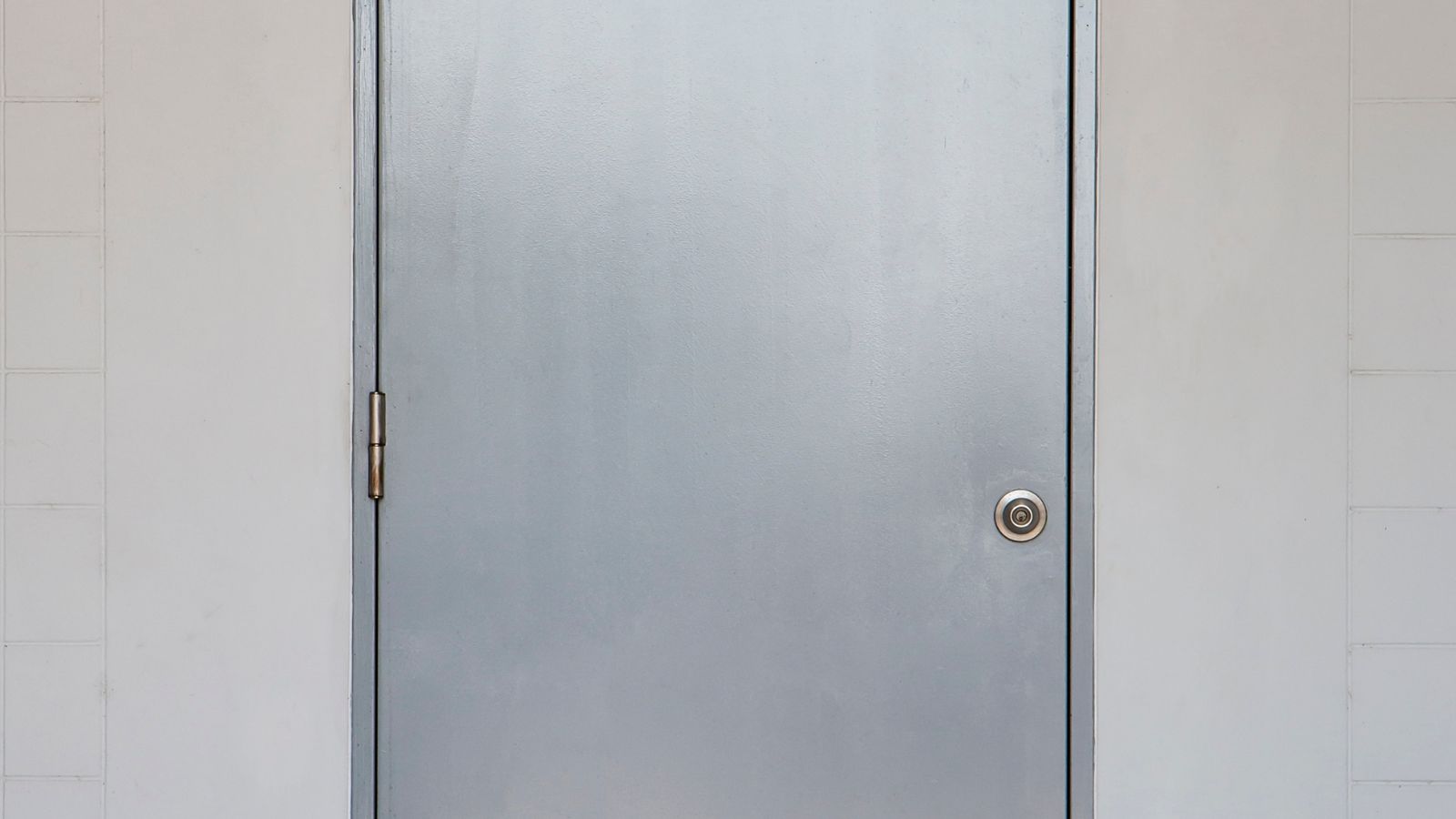Phone:
(701)814-6992
Physical address:
6296 Donnelly Plaza
Ratkeville, Bahamas.

Let’s think this through before we pick up a drill, a lock, or a lawyer’s number. A safe isn’t just heavy steel it’s a system that protects what matters when you aren’t standing watch. Guns, deeds, cash, records — anything you lock up is only as private as the weakest part of that system. And sometimes, that weak point isn’t the door, it’s the code.
Over the last few years, stories have surfaced about safe companies handing over factory codes to law enforcement. Liberty Safe made headlines in 2023 when it gave the FBI a factory access code during a high-profile search. The backlash was immediate: gun owners felt betrayed, and the brand had to clarify its policy. Now, Liberty requires a subpoena or court order before releasing any access code. They even allow customers to request deletion of factory codes from their database.
The problem is bigger than one company. Many electronic locks ship with a factory-set override code. Sometimes it’s meant as a backup for forgotten combinations. Sometimes it’s for warranty service. But if that code exists in a company database, there’s a paper trail. And if there’s a paper trail, someone can follow it.
When you buy a safe, you assume control. But if the manufacturer still holds a master key — whether physical or digital — then you don’t fully own your privacy. Think of it like building a house: you wouldn’t accept the contractor keeping a hidden spare key without telling you. Same principle here.
Good craftsmanship in locks, just like in framing or plumbing, means clarity of responsibility. If it’s yours, it should be yours completely.
This is where many experienced safe techs will tell you: if privacy is your number one concern, go mechanical. Fast is slow if you have to redo it — and you don’t redo privacy once it’s breached.
One reason people lean toward American-made safes is the trust factor. USA made safes from companies like Liberty, Fort Knox, or AMSEC usually publish their policies openly, carry recognized UL ratings, and offer the option to purge factory codes. Imported safes, especially budget lines, may not be as transparent — and their lock sourcing can change without notice.
But don’t assume a safe is private just because it’s domestic. Always ask: does this lock have an override code? Can I delete it? What is your policy under subpoena? Respect the work enough to ask hard questions.
This is where it usually goes wrong: people buy a safe based on glossy marketing numbers — “fire rated 120 minutes” or “holds 48 rifles” — but ignore the lock system and data trail. A 1,000-lb box of steel still fails its purpose if the code is sitting in a filing cabinet somewhere in Utah or Beijing.
A locksmith I once worked with put it plain: “There are two kinds of security — the kind that keeps honest people honest, and the kind that buys you time against the determined. Don’t confuse the two.” If law enforcement has paperwork and a code, time isn’t on your side.
A safe is not a magic bullet. It’s part of a bigger system: locks, placement, anchoring, fire protection, and above all, trust. Just like in construction, the details you don’t see often matter most — the fasteners behind drywall, the rebar in the footing, or the override code in a manufacturer’s database.
Respect the material. Respect the law. But respect your own privacy enough to take ownership of it. The next time you’re shopping for a safe, don’t just ask about fire ratings or gun capacity. Ask about codes, overrides, and policy. That’s the difference between renting security and actually owning it.
Would you be proud to leave your name on the privacy system you built? If the answer is no, then it’s time to choose differently.